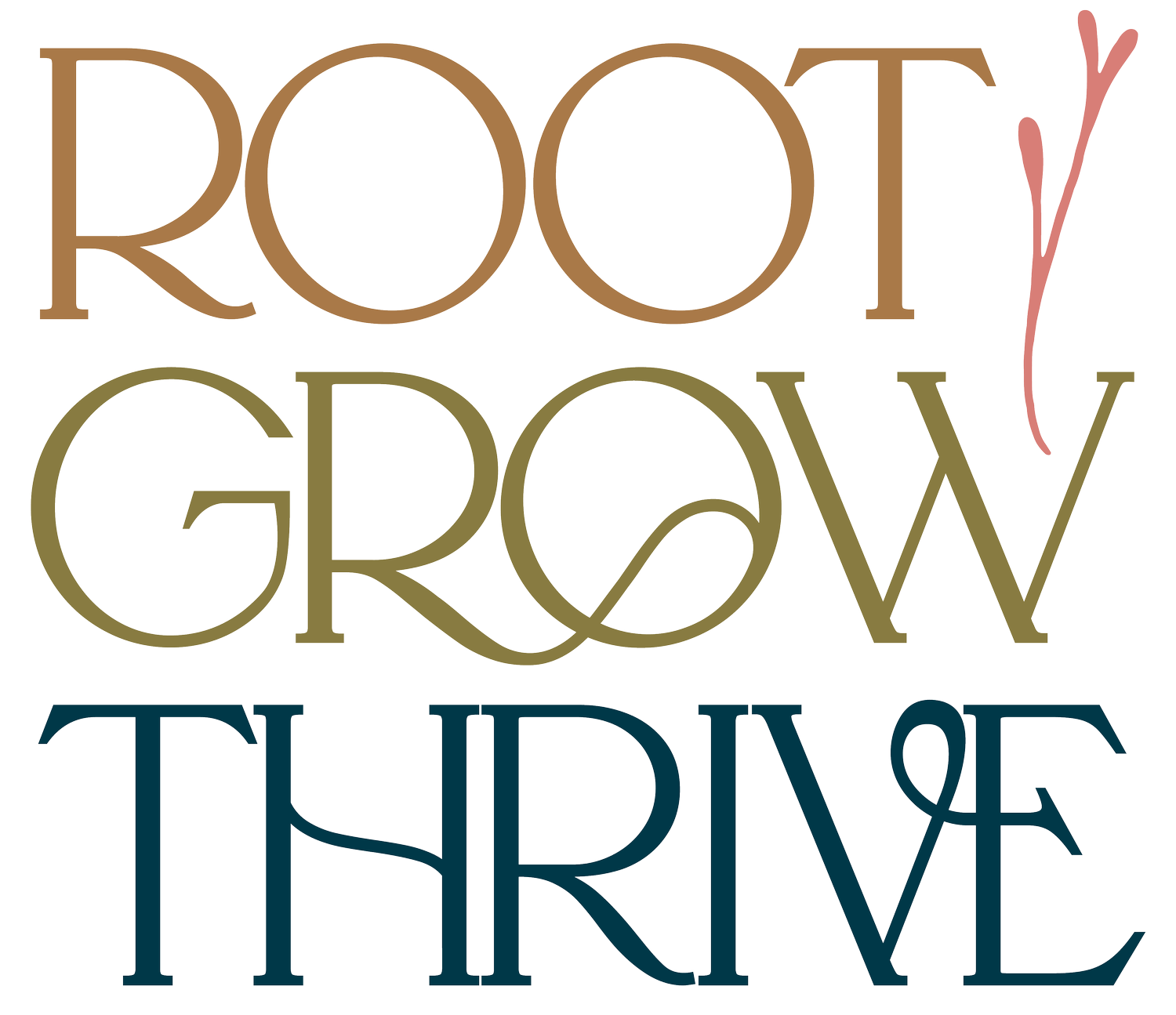Coping with Burnout When the World is On Fire
When Elle* came to see me for therapy, she had the “typical symptoms” of burnout–emotional fatigue, tremendous sense of exhaustion, questioning her sense of purpose and meaning, and feeling so disconnected from her work that she dreamed of quitting most days. It was summer 2020, in the height of the pandemic and racial protesting, and the collective temperature felt like a dumpster fire of fear, division and trauma. Elle wanted to know what she could do to “fix” her burnout.
“I don’t know what to do anymore,” she said. “The world is on fire. How can I even make a lick of a difference?”
Sitting there sharing her pain and injustice in the world, I too wondered–how can we cope with our own individual burnout, even when the world is on fire?
I work mostly with the helpers–educators, nurses, therapists, spiritual professionals–all of whom have a huge sense of justice and integrity in their professional life. Moral injury is real–when systems of oppression swoop in and devour our livelihood, our resources, our sense of stability, of course we react with anger, fear, and despair. Being in service fields means we care, and when are prevented from doing what we are not just educated in but meant to do–it causes harm to the soul.
There is a Ecuodorian fable of a hummingbird who sets out bravely to attempt to quell the flames, despite the forest fire that rages. While the other animals protested that there is too much smoke, too many flames, and too much danger, the hummingbird continued to attempt to do her part by dropping little droplets onto the enormous fire. It was her home. It was one thing she could do. So she did it.
The little hummingbird persisted.
How do we even begin, when our heart is breaking at the state of the world, and we are consumed with helplessness or fear?
Assess Your Resources
Take a moment, here and now. Notice that you are reading this on a device, in probable safety and relative comfort, and you have the physical and mental ability to do so. You are present even in this moment to take in this moment. This means you have resources at your disposal.
You are breathing air that is supporting your cellular metabolism. You are clothed, and the food from your last meal is transmuting into usable nutrients for your energy. You have resources right here and now.
When we are burned out, we often see what is lacking. What resources are lacking in your life that contribute to burnout? That tell you that you are unable to cope or sustain your work any more? What resources are lacking for you during your day-to-day? And during the week and months ahead? Next, make a list of what life would look like if you felt resourced in body, mind, and soul. I encourage you to circle the ones that are met at at least the bare minimum–if you are exhausted and want to get more sleep for instance, circle here that you have a bed with bedding to begin with. Your bed is there every night as a resource for you. Finally, begin to examine how these resources themselves can better support you. How can you allow that bed to support you in giving you the rest you need? What needs to be in place? How can you position yourself so that you can receive the resources that are there for you? This work can be done in collaboration with a loved and trusted person, or therapist who can assist you in seeing a bigger picture, especially when burnout clouds our vision.
Assess Your Supports
Who is in your corner? Who is one person you can call on to support you and give you rest if you need it? Who can watch the kids so you can take a walk in the park this afternoon? Who can be available for carpool pick up so you can write your emails to your senator? Who can you call on to give you a meal so you have one less thing on your to do list?
Our stress response does lots of things to our brains–but one of the biggest is that it narrows our perspective on the reality of our situation. We begin to see things as black-and-white when almost all things on some level is best seen with nuance, even justice work. When we are resourced through healthy supports and the boundaries to support us, we are better able to address our raging injustice in the world with a posture of awareness, courage, and openhearted determination.
If you have trouble finding human supports, look beyond people. Lean on your ancestors, a memory of your loved one who would be impossibly proud of you. Perhaps place a photo of that meaningful person near you as you begin your day. Or let your cat rub your leg and settle in your lap a few more minutes, even if it makes you 5 minutes late to a meeting. Perhaps let the water in your shower tonight be the nourishment your body needs to release the images that you’ve seen that stoke fear and division in your cells. Maybe even the shoes you wear can be your companion today–they can be witness to how you live your life continually with courage despite exhaustion. Allow your noticing be present with the reality of the moment–that you are indeed supported, in this here and now.
You Don’t Need To Push Through Anymore
Our ability to cope with the world’s events and collective trauma is entirely related to our ability to hold space for our own grief and pain within our hearts. If we have had trauma and personal loss that has been unaddressed and unprocessed (ie, every one of us), being present with others will be exponentially harder. We must give ourselves the compassion that we offer to the world. When we turn inward, even just for a moment, we can be aware of how burnout is actually the call to action–and sometimes that means to stop.
Yet stopping to feel is not always the best course of action. Stopping can feel extremely stressful for an overwhelmed nervous system. When our bodies are constantly in flight or fight, when we stop, our legs jump around, our shoulders tighten, our stomach churns, our breath continues to be quickened. So don’t expect that stopping entirely–like sitting for 5 minutes in a quiet mediation–would be at all calming for most of us.
Instead, gentle and slower movements can feel good–a slower, more mindful walk, a slower read of the book with your child, a more aware sipping of your afternoon tea. If noise or other stimuli affects you, reduce this with weighted blankets, wearing heavier clothes, wearing earbuds and listening to brown noise, whale songs or flute music. Allow in rest into your body gently. It will be as if your body is moving from the fear and worry mirrored in those forest animals, to the presence of mind and courage it can take when we allow ourselves to be the hummingbird in our lives, one beakfull at a time.
–
Now accepting new clients for therapy in PA and Florida–as well as soul care/spiritual direction clients worldwide. www.rootgrowthrive.com
*fictionalized story; all identifying information altered for privacy


